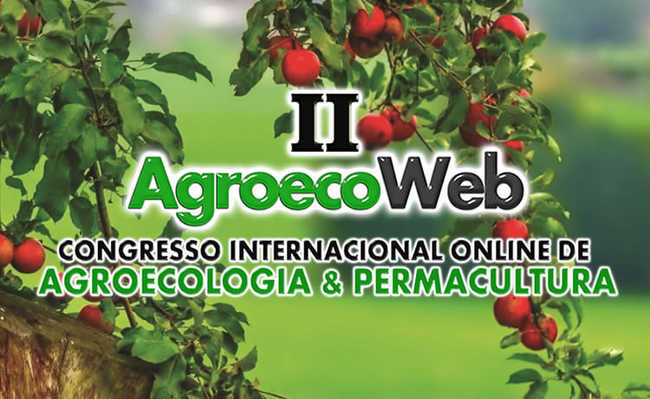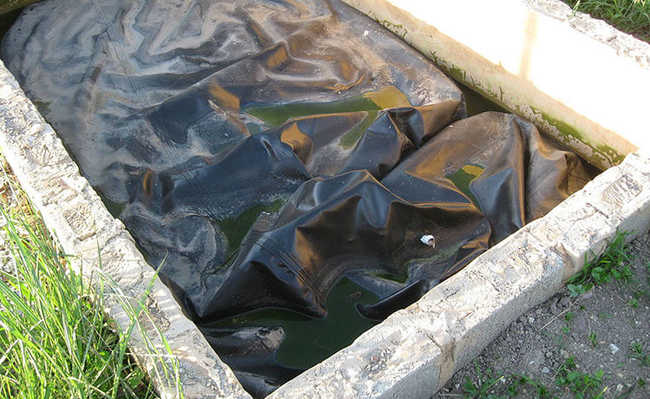What is chemical recycling?
Chemical recycling is the chemical transformation of an object so that it becomes usable

Recycling, basically, is a process in which a material that would no longer be used is transformed into a usable raw material again, but it is important not to confuse recycling with reuse. In reuse there is no transformation of the material, it is simply used again. While recycling, there is a change in its physical, chemical or biological state, so that the material can be used again.
- Recycling: what is it and why is it important
For example: when we drink water from that glass bottle that was previously used in the market to sell grape juice, we are using a reuse process, because the bottle that used to store the juice is now being used to store water - the same bottle, without modification. On the other hand, when we use that t-shirt made from a PET bottle, we are using a recycling process, as the PET bottles had to be transformed into a raw material that gave rise to something different: the t-shirt.
Chemical recycling, which is the subject of this article, is widely used with plastic materials and, therefore, they will be the focus of the explanations below. Also known as resin recycling, chemical recycling consists of returning the plastic (polymer) to its primary composition (monomer) through chemical change.
This process allows the material, which was previously unusable, to be transformed into raw material to be used again in the manufacture of new primary plastic packaging or other materials.
To undergo chemical recycling, plastic can be dissolved by adding other solvent substances or by applying heat.
This type of recycling can also be called tertiary recycling.
chemical recycling
In chemical recycling or tertiary recycling, the processes that break down polymers transforming them into monomers are diverse and, among them, we can mention a few:
hydrogenation
Polymer chains are broken through treatment with oxygen and heat, generating products capable of being processed in refineries;
Gasification
Process in which plastics are heated with air or oxygen, generating synthesis gas (a mixture of gases containing carbon monoxide and hydrogen);
Pyrolysis
Breakdown of molecules by heat in the absence of oxygen, which generates fractions of hydrocarbons capable of being processed in refineries.
Chemolysis
Total or partial breakdown of plastics into monomers in the presence of glycol, methane and water.Below, there is a flowchart that illustrates well the paths through which a material passes through chemical recycling:

Advantages of chemical recycling
Chemical recycling is beneficial to the environment, as it reduces the energy used in the manufacture of objects to be used and prevents the accumulation of waste, not only by reducing new waste, but also by preventing new materials from being produced, generating new waste, pollutants and increased consumption of natural resources.
With respect to other forms of recycling, chemical recycling is advantageous because it allows different types of plastics with different types of contaminants to be mixed in the same process, as occurs with paints and papers.
In addition, it reduces the cost of pre-treatment, collection and selection, and enables the production of new plastics with the same quality as the original polymer.
Disadvantages of chemical recycling
After undergoing chemical recycling, the materials cannot be used indiscriminately, as they can bring health risks, especially if the destination is food packaging. This is because these materials can contain contaminating residues that can migrate to the food stored in the recycled packaging.
Another disadvantage is that some products that have undergone chemical recycling lose their ability to be recycled again. In the process, there is also the release of hydrocarbons and gases.










